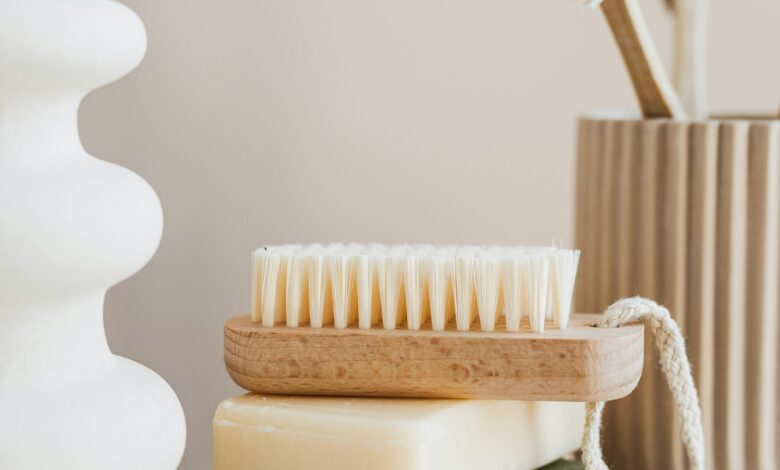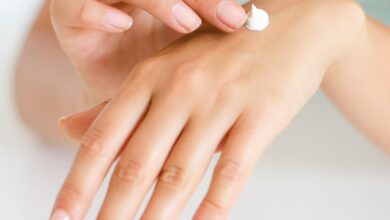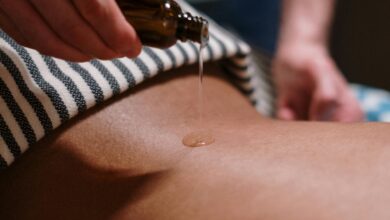
Introduction: Our skin, being the largest organ of the body, is prone to various issues that can affect its appearance and health. From acne and eczema to dryness and hyperpigmentation, addressing these skin concerns requires a combination of proper skincare, lifestyle modifications, and sometimes medical intervention. In this guide, we’ll explore effective solutions for different body skin problems, providing detailed explanations and practical tips to help you achieve a healthier and clearer complexion.
1. Acne:
- Skincare Routine: Cleanse your skin twice daily with a gentle cleanser to remove excess oil and impurities without stripping away natural moisture. Use non-comedogenic products and incorporate ingredients like salicylic acid or benzoyl peroxide to unclog pores and reduce acne-causing bacteria.
- Healthy Habits: Maintain a balanced diet, stay hydrated, and manage stress levels to minimize hormonal fluctuations and inflammation, both of which can exacerbate acne.
- Medical Treatments: Consult a dermatologist for prescription medications like topical retinoids, oral antibiotics, or hormonal therapies to control severe acne or hormonal breakouts.
2. Eczema (Atopic Dermatitis):
- Hydrating Skincare: Use fragrance-free, moisturizing creams or ointments to replenish moisture and strengthen the skin barrier, preventing eczema flare-ups.
- Avoid Triggers: Identify and avoid triggers such as harsh detergents, fragrances, certain fabrics, and environmental allergens that can exacerbate eczema symptoms.
- Topical Treatments: Apply corticosteroid creams or ointments to reduce inflammation and itching during eczema flare-ups. Non-steroidal options like calcineurin inhibitors can also be effective for long-term management.
3. Dry Skin:
- Hydrating Skincare: Opt for gentle, fragrance-free cleansers and moisturizers that contain humectants like hyaluronic acid and emollients like ceramides to lock in moisture and repair the skin barrier.
- Limit Bathing: Avoid prolonged hot showers or baths, as they can strip the skin of its natural oils and exacerbate dryness. Instead, opt for lukewarm water and limit bathing to 10-15 minutes.
- Humidification: Use a humidifier in dry indoor environments to increase moisture levels in the air, preventing skin dehydration and discomfort.
4. Hyperpigmentation:
- Sun Protection: Apply broad-spectrum sunscreen with an SPF of 30 or higher daily to prevent further darkening of hyperpigmented areas and protect the skin from UV-induced damage.
- Topical Treatments: Incorporate skincare products containing ingredients like vitamin C, niacinamide, retinoids, or alpha hydroxy acids (AHAs) to lighten hyperpigmentation, promote cell turnover, and even out skin tone.
- Professional Treatments: Consider procedures such as chemical peels, microdermabrasion, laser therapy, or intense pulsed light (IPL) treatments for more stubborn or resistant hyperpigmentation.
5. Stretch Marks:
- Hydration and Nutrition: Maintain skin elasticity by staying hydrated and consuming a nutrient-rich diet with adequate vitamins (A, C, E) and minerals (zinc, silica) to support collagen production and skin repair.
- Topical Treatments: Apply moisturizers containing ingredients like hyaluronic acid, retinoids, or collagen-stimulating peptides to improve the appearance of stretch marks over time.
- Clinical Procedures: Consult a dermatologist or cosmetic surgeon for clinical treatments such as microneedling, fractional laser therapy, or radiofrequency treatments to minimize the appearance of stretch marks.



